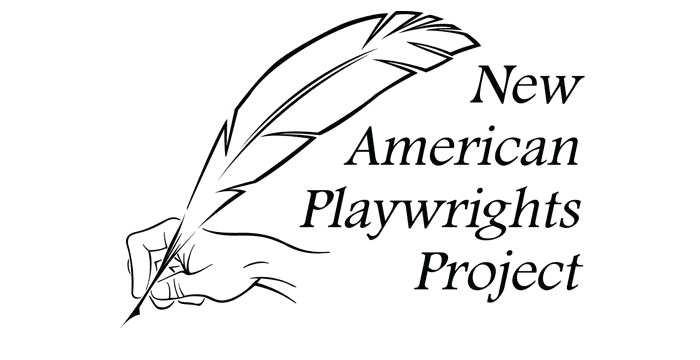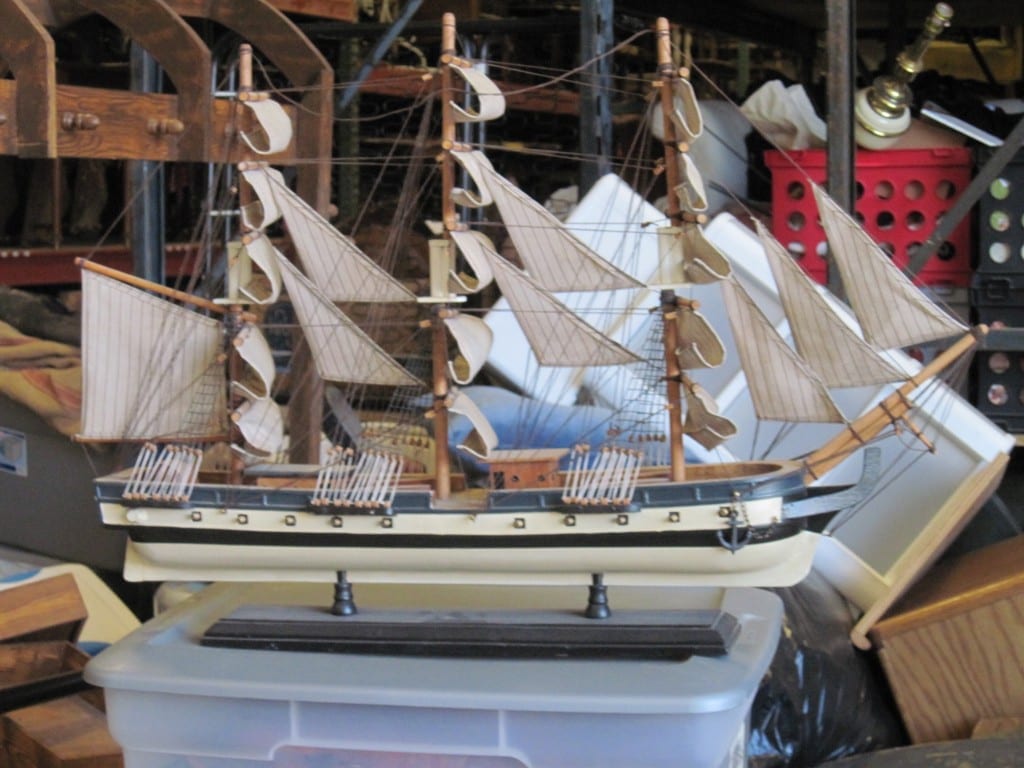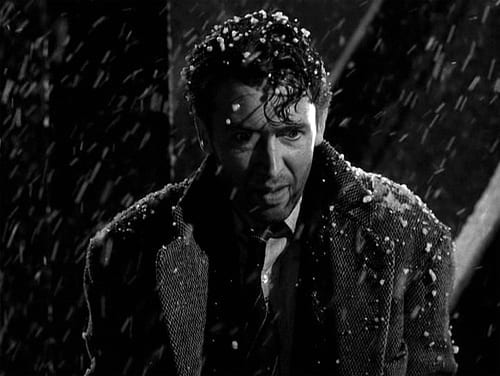I have a confession to make. Until a few days ago, I had never been to the Utah Shakespeare Festival. I know, I know . . . I can hear the gasps of shock and amazement. But, its true. All my years as a student I had great plans to go down to Cedar City and see what everyone was talking about, but I never did. When I moved out DC and people heard I went to school in Utah, they almost always asked me about the Festival. It got a little embarrassing after a while that I had to continuously admit that I had never seen their productions.
 So, as you can imagine, when UTBA needed someone to go down to review a staged reading, I jumped at the chance. And I did it all. I saw the shows. I went to the literary and actor seminars. I went to The Greenshow. Sampled the wares of the tart girls. Ate at The Grind (Get the sweet & spicy turkey croissant. Your taste buds will thank me). For a first timer, it was a pretty great experience.
So, as you can imagine, when UTBA needed someone to go down to review a staged reading, I jumped at the chance. And I did it all. I saw the shows. I went to the literary and actor seminars. I went to The Greenshow. Sampled the wares of the tart girls. Ate at The Grind (Get the sweet & spicy turkey croissant. Your taste buds will thank me). For a first timer, it was a pretty great experience.
In the middle of my trip’s Shakespearean-ness was the New American Playwrights Project (NAPP). Now, of course, when you hear the words Utah Shakespeare Festival, the words “new plays” probably aren’t the first thought that pops into your head. And yet, NAPP, now in its 20th year, has cemented itself as a healthy and vital part of the Festival. It definitely seemed like just the program I wanted to dig into for my Veteran Newbie series.
That’s how I found myself sitting in the courtyard, outside the Adams Theatre, praying that the rain would hold off long enough for me to chat with Josh Stavros, the Associate Education Director with Utah Shakes as well as a director for one of NAPP’s plays (Turquoise Wind by Kurt Proctor on August 16, 17 and 30). Josh was kind enough to walk me through the history of NAPP as well some of the hopes for the future.
Originally called Plays in Progress, the New American Playwrights Project (retitled about 5 years ago when the program became part of the Festival’s Education Department) brings the excitement and challenges of new play development into the heart of the Festival. Run by Charles Metten, each year NAPP presents three works-in-progress during the month of August. However, the process that goes behind those three works lasts throughout the whole year.
It starts with the open submission. NAPP accepts submissions from playwrights—along with a submission fee—from March 1st to November 1st. (Yes, this means that the submission window is currently open for next year’s season. Details provided at the end of the post.) One of the things I found most fascinating is that while NAPP does accept plays written along classical themes (as they are, of course, under the umbrella of a Shakespeare Festival), NAPP’s mission specifically focuses on plays that “explore characters and ideas that focus on our American Western experience, spirit, and heritage.”
All play submissions are first read by NAPPs director, Charles Metten. The number of entries vary from year to year (this year they had around 70 plays submitted), but Metten whittles down the pile to around 10 finalists. Those 10 plays are then sent out to a national panel of readers and based on their comments, judgments and votes, the final three plays are chosen.
So what happens if your play is selected? Each playwright is brought to the Festival for a week (housing and tickets to all the Festival shows are provided, though travel is the responsibility of the playwright and no honorarium is given). During that week they have 12 hours of rehearsal (4 days, 3 hours a day) with a director, stage manager and cast of actors pulled from the Festival company. Ideally, those 12 hours allow the playwright the opportunity to work out any of their current questions or problems. As is normal with these processes, the amount of rewrites vary widely from play to play. The rehearsal time also gives the director enough time to prepare a staged reading for the Festival audience. Each play is presented twice at the end of the week and then all 3 plays are presented one final time in the last week of the month.
I was there for the first week of NAPP, which means the reading I saw was Frankie Little Hardin’s The Greater Love (you can read my “review” of it here.) The reading was held in the Auditorium Theatre (bring a sweater!) at 10 AM so as to not conflict with any of the mainstage productions. I was pleasantly surprised by the number of people who showed up for the reading. Though Josh had told me that the Festival had a growing contingent of its audiences that is interested in seeing new work in its more embryonic stage, I was not completely prepared for the level of enthusiasm and excitement that surrounded me in the theatre that morning.
Since I’ve already written about the actual reading, I won’t go into much detail here. However, one main highlight was the caliber of performances. Josh confirmed my notion that participating in the NAPP readings was a big perk for members of the Festival acting company, an event that many of them look forward to as part of their summer season. It’s also delightful as an audience member to see the actors in a completely different role. With my own Festival schedule I saw, in less than 24 hours, the talented Monica Bell transform from Mary Stuart’s Queen Elizabeth, to a German journalist intellectual during the reading, to Jean Louise Finch in To Kill a Mockingbird. With the high level of acting talent, the focus of the NAPP readings is able to stay on the script itself—what is working and what still needs to be figured out.
Each reading is followed by a talkback, moderated by Metten. Josh had told me that the patrons love the talkback part of NAPP because it embraces the overall Festival’s idea of interaction and openness, allowing the audience to have a voice. The audience was lively and ready to talk about what they had just experienced. Though I was a little disappointed in the format of the discussion, which was much more open to whatever people wanted to say instead of focusing in on questions that the playwright had in a concentrated effort to give helpful feedback, no one who was watching the talkback could deny the vigorous energy of the conversation.
The energy created by the development of new work is a great addition to the overall Utah Shakespeare Festival. While the Festival celebrates the great playwrights of theatre’s history, it is wisely helping the playwrights of theatre’s future. While no NAPP play has yet reached the Festival mainstage, I hope (and I understand it to be the Festival’s goal) that this new work development program will continue to integrate itself more and more into the overall Festival experience. With the work that is being done and developed in this program, NAPP should definitely find a spot on any Festival attenders itinerary.
The Greater Love by Frankie Little Hardin: August 9, 10, 29 at 10 AM. Turquoise Wind by Kurt Proctor: August 16, 17, 30 at 10 AM. Play Desdemona by Daniel Hintzsche: August 23, 24, 31 at 10 AM.
To submit a play for the 2013 season, go here.




